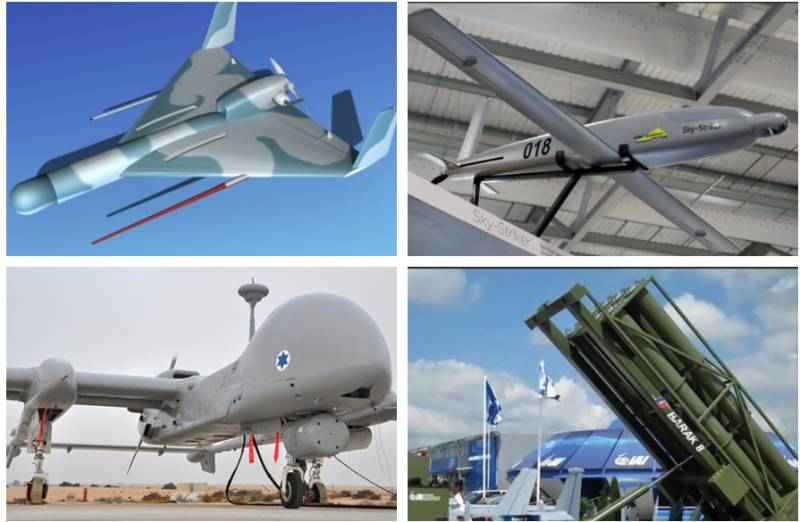Israel confirms arms supply for India's Sindoor operation

Israel's Role in India's Operation Sindoor
Israeli Prime Minister Benjamin Netanyahu has confirmed that India utilized advanced Israeli weaponry during Operation Sindoor. The systems included Barak-8 missiles, HARPY drones, SkyStriker munitions, and Heron reconnaissance UAVs. Netanyahu commended the performance of these systems, emphasizing that they are "battle-tested" and have proven effective in real-world operations. He described the collaboration with India as being based on a "solid foundation" and expressed satisfaction with the effectiveness of these technologies during the conflict.
During the operation, India deployed these Israeli-origin systems alongside domestically produced weapons to counter waves of Pakistani missiles. The Barak-8 missile system and HARPY drones were pivotal in air defense and targeted strikes, while the Russian-made S-400 missile defense system was also used. This intense military engagement lasted nearly 100 hours, beginning on May 7, and highlighted India's increasing reliance on a mix of foreign and domestic defense technology.
Israel also demonstrated strong political support for India during the operation. Kobbi Shoshani, Israel's Consul General in Mumbai, referred to the strikes as an act of self-defense and emphasized the importance of sending a clear message to terrorists. This stance reinforced the deepening strategic and military partnership between the two nations, which has remained stable despite ongoing conflicts in other regions involving Israel.
India’s military imports from Israel over the past decade have totaled approximately $2.9 billion, covering radars, drones, missiles, and other advanced systems. This makes Israel the fourth-largest supplier of weapons to India, following Russia, France, and the United States. Notably, this defense trade has continued without major disruptions, even amidst Israel’s own security challenges, ensuring a steady supply of equipment to New Delhi.
Despite this, India is actively working to reduce its dependence on foreign arms by boosting domestic production under Prime Minister Narendra Modi's 'Aatmanirbhar Bharat' (self-reliant India) initiative. A central component of this strategy involves developing an indigenous fifth-generation fighter jet, equipped with stealth technology and internal weapons bays similar to the US F-22 and F-35. This effort aims to enhance India's defense capabilities while simultaneously strengthening its manufacturing sector.
The confirmation of Israel's role in Operation Sindoor highlights not only a robust defense relationship but also the evolving nature of modern warfare. International partnerships and technology-sharing have become essential in securing national interests. As both countries continue to strengthen their ties, it is evident that their collaboration extends beyond military cooperation into broader strategic and political domains.
Key Defense Systems Used in Operation Sindoor
- Barak-8 Missiles: Played a critical role in India's air defense.
- HARPY Drones: Conducted targeted strikes and surveillance.
- SkyStriker Munitions: Used for precision attacks.
- Heron Reconnaissance UAVs: Provided real-time intelligence and monitoring.
Strategic Implications of India-Israel Relations
- Political Support: Israel publicly endorsed India's actions during the conflict.
- Military Cooperation: Both nations have maintained a stable and growing defense partnership.
- Economic Ties: India remains one of Israel's top defense clients, with significant investments in military technology.
India's Push for Self-Reliance
- Aatmanirbhar Bharat Initiative: Aims to reduce reliance on foreign arms.
- Indigenous Fighter Jet Development: Focuses on stealth technology and advanced weaponry.
- Boosting Domestic Manufacturing: Enhances both defense capabilities and economic growth.
The evolving dynamics between India and Israel reflect a broader shift in global defense strategies, where technological collaboration and strategic alliances play a crucial role in maintaining national security and advancing military objectives.

Comments
Post a Comment